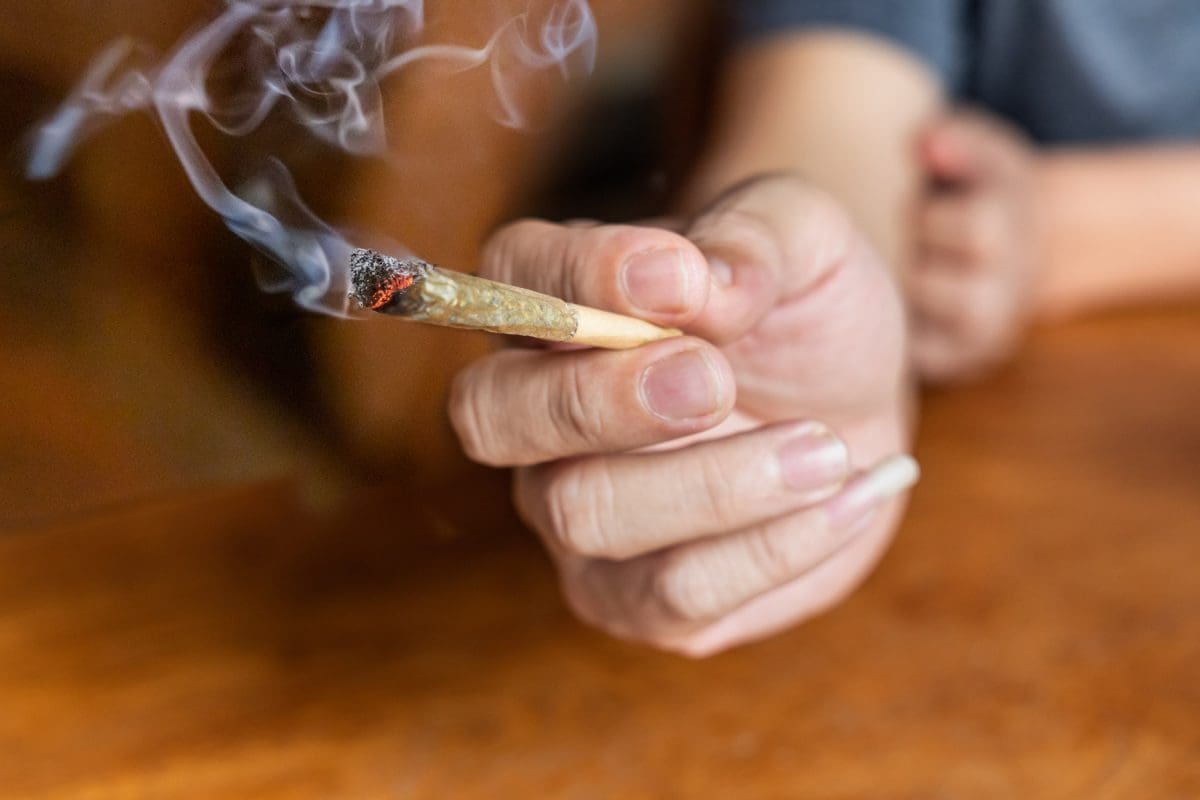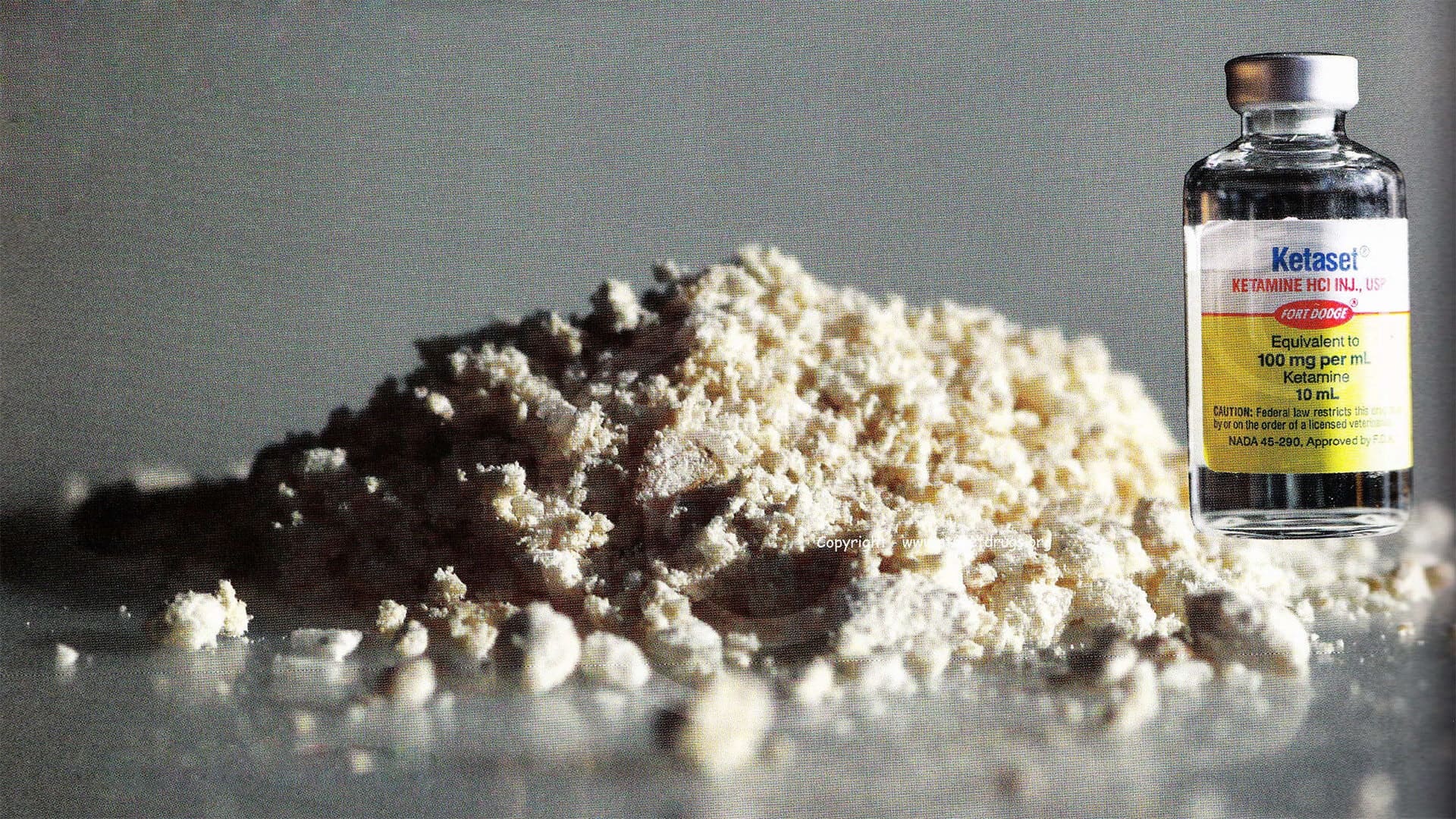“We all need to get away from time to time from problems we have. Whether that’s addiction problems, work-life balance issues, or excessive pressure on you. This is the perfect facility for that purpose.”
Ketamine Addiction
Whether you are looking for help for yourself or a loved one, Delamere is a private and discreet rehab centre in Cheshire, offering a 4-phase ketamine addiction treatment programme to help anyone live a life free from addiction.


Help for ketamine addiction at Delamere
Sometimes referred to as ‘the horse tranquilliser’, ketamine is commonly used as an anaesthetic by vets and doctors, and is an easy drug to abuse. Ketamine misuse can cause tolerance, dependence, and ketamine addiction, with users needing ever-increasing amounts of the drug to achieve the desired high.
With the help of the most respected professionals in the sector, we have crafted a 4-phase programme to help our guests overcome all manners of addictions including ketamine addiction. Our approach prioritises compassion and intensive healing.
It’s led by our multidisciplinary team of medical professionals, counsellors, and support staff, many of whom have personal experiences of addiction and recovery.
At Delamere, we strongly believe that with the right treatment, tools and support, anyone can take back control from addiction. Our stunning Cheshire location is the ideal place to press pause and complete a safe ketamine detox and partake in a ketamine rehab programme away from distraction.
Steph Massey, Delamere speaks about the Ketamine crisis on This Morning
“Going there has completely turned my life around. Martin and all the staff are friendly, inspirational, and experts at dealing with all addictions.” – Former Delamere guest
View Our Treatment Model View our Environment Call now: 0330 111 2015
When to seek ketamine addiction treatment
Due to ketamine’s unique dissociative properties, the signs and symptoms of ketamine intoxication are not that difficult to spot. Ketamine can be very dangerous when abused, so if you do spot the signs of ketamine addiction in someone you know or care for it is important to urge them to seek professional help.
Some common signs of ketamine addiction include:
- Sedation.
- Inability to move.
- Experiencing auditory and/or visual hallucinations.
- Slurred speech.
- Breathing difficulties.
Ketamine addiction is a life-threatening condition that requires urgent intervention and professional treatment in order to overcome. If you, or perhaps a loved one, have tried and failed to stop using ketamine in the past, it is time to seek ketamine addiction treatment from a specialist facility like Delamere.


The Delamere approach to ketamine addiction treatment
An inpatient stay at Delamere is a deliberately intensive 4-phase ketamine addiction treatment, one which we have crafted over time and has helped many participants recover. Our emphasis is on holistic care to treat addiction and associated issues. This means that we treat the whole person rather than just the symptoms they present with. We believe that successful treatment runs far deeper than simply stopping the addictive substance or behaviour.
Our approach at Delamere comprises 4 core phases: Stop, Start, Grow, & Bloom. Everything we offer at Delamere aims at effective and lasting outcomes in addiction treatment:
How to encourage a loved one to get ketamine addiction treatment
Having a family member, friend or colleague who is in denial about a ketamine addiction can be a very isolating experience. We’re glad you’re taking the step to find help for them through a residential program. It is important to send your loved one a clear signal that you are here to support them if they are willing to make changes in their life. At Delamere, we provide family support services which are designed to help your loved one confront addiction.
If they are not receptive to this, we also offer intervention services to help your loved one come to terms with their ketamine addiction, where we help to prepare and rehearse a formal intervention that will result in your loved one entering treatment with us. If you are considering organising an intervention for your loved one, friend, or colleague, contact Delamere today.
Frequently asked questions about ketamine addiction
Labelled a ‘designer party drug’, ketamine has grown in popularity in the UK within the party and clubbing scene. Its main users are younger generations. Over the last decade, it has also grown in popularity with the UK’s chemsex scene. If you think a younger person in your life may be displaying symptoms of ketamine addiction, Delamere can provide assistance to support their decision to accept help.
The best treatment for ketamine addiction comes in the form of a supervised and medically managed ketamine detox and a comprehensive residential rehabilitation programme. At Delamere, we take a holistic, person-centred approach to healing addiction. As many users are psychologically dependent on the drug, this kind of treatment helps in getting to the root of why the addiction took hold, as well as forming healthier coping strategies to prevent relapse in the future.
Let us help you today
Start your recovery journey by contacting us today.
Confidential. Straightforward. Friendly.
Help and Support for Ketamine Addiction Recovery
Discover more advice on the Delamere blog
-
What really happens to the brain and body when you take ketamine?
Find out what really happens to the brain & body when you take ketamine? LBC came to Delamere to speak about the increasing harm associated with ketamine use.
-
Cannabis is no longer just a ‘gateway drug’
A recent study shows that cannabis use increases the risk of paranoia & poor mental health outcomes. Find out more at Delamere.
-
Everything you need to know about ketamine bladder
What is ketamine bladder? Find out everything you need to know about ketamine bladder at Delamere Health.
-
Paying the price for a party: How cocaine can affect the brain
Delamere takes a look at how cocaine can affect the brain. Read our blog, Paying the price for a party.





















